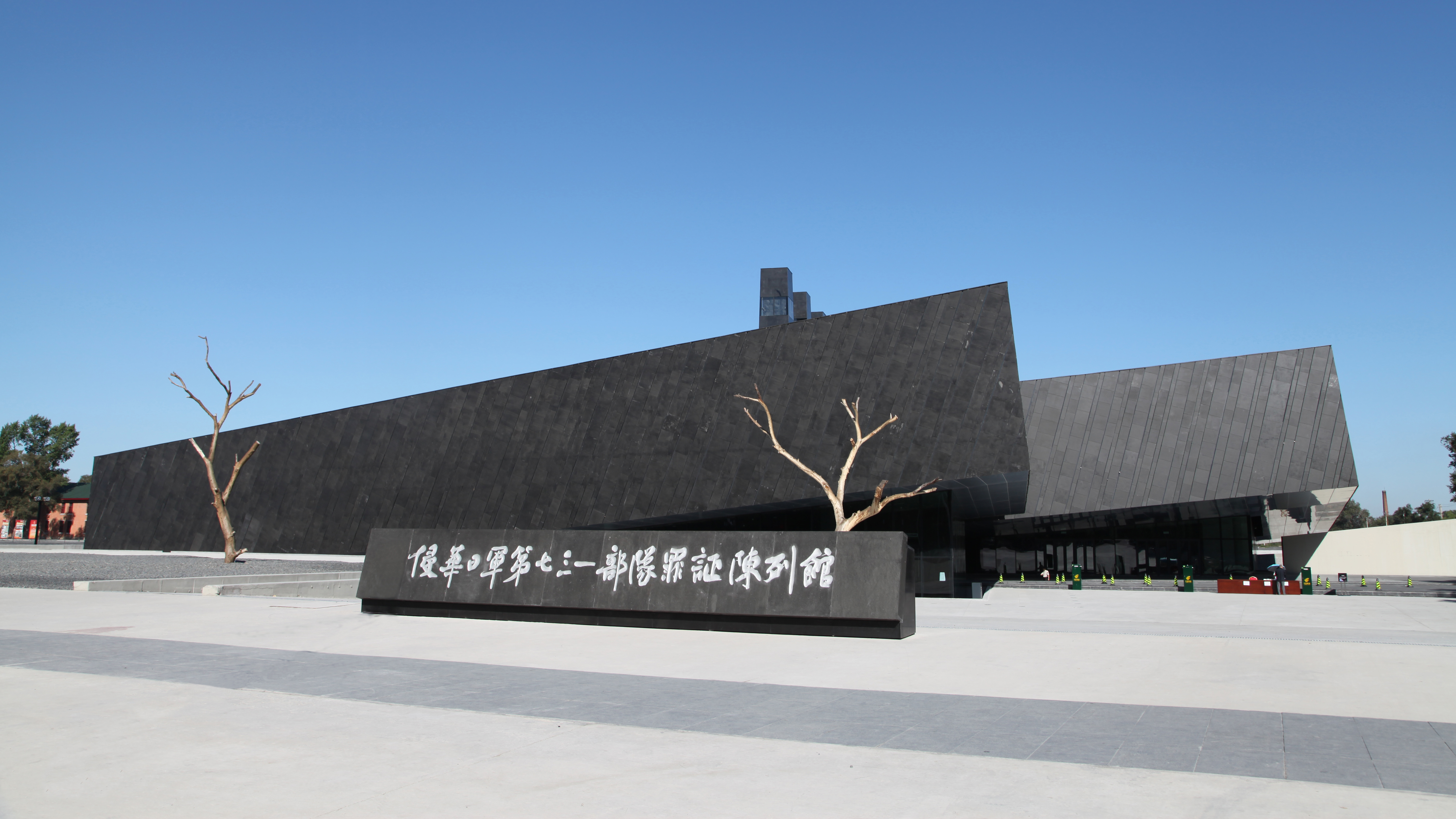- Home
- China
- World
- Asia-Pacific
- Americas
- Europe
- Middle-East and Africa
- Politics
- Business
- Opinions
- Tech & Sci
- Culture
- Sports
- Travel
- Nature
- Picture
- Video
- Live
- TV
- Specials
- Learn Chinese

Search Trends
August 15 marks the 76th anniversary of Japan's unconditional surrender in World War Two. During the war, Japan violated international public law by secretly establishing Unit 731 in China, carrying out a large number of human experiments and large-scale germ warfare. The Museum of Evidence of War Crimes by Japanese Army Unit 731 in northeast China's Harbin, which occupies 11,000 square meters inside the remnants of Unit 731, was established to mourn the loss of life and humanity within its walls. It exhibits photos and first-hand testimonies of the imperialist Japanese army's research, development and use of germ warfare and human-body experiments, as well as the final war-crimes trial. CGTN reporter You Yang, together with Tang Kai, a museum guide, pays a visit to the exhibitions revealing the Japanese Army's brutal crimes.

